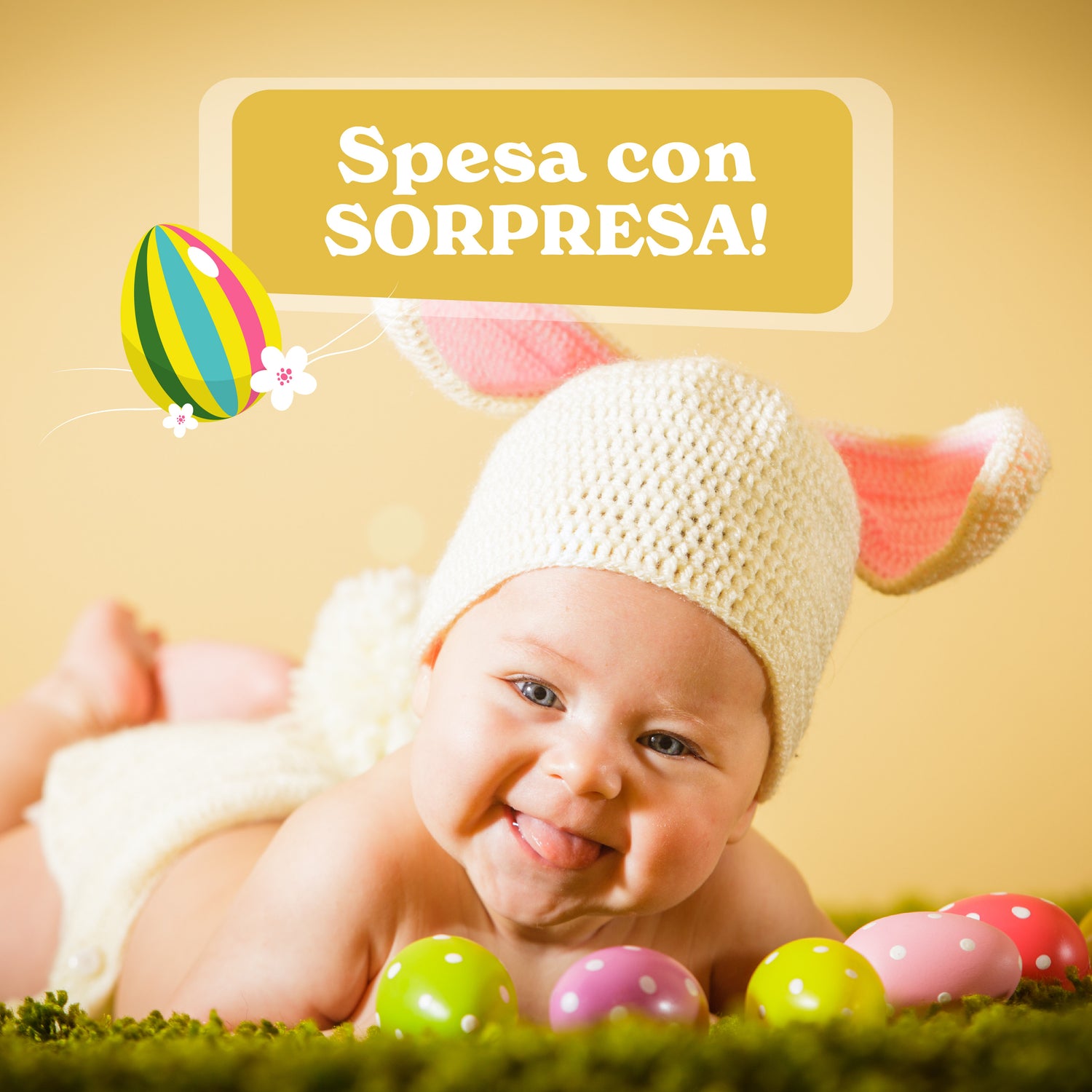The first days together: what is needed?
The most organized mothers have already prepared the bedroom, the dresses, the hygiene products for months. But even for them, returning home could be traumatic: there are so many things to think about. These are the key points of a very useful return from childbirth survival kit.
After nine months of waiting, you can finally hold your baby. The birth went well and it's time to go home. here, however, you realize that there are no more nurses and doctors to reassure you. From now on it will be your turn. but you will make it: perhaps with some advice from those who have already experienced the puerperium.

For mom:
■ breast pump (perhaps it won't help, but it's better to equip yourself);
■ nipple pump or suction cup (if necessary, in case of inverted nipples);
■ cream for fissures;
■ wipes for cleaning the breasts (to be used beforehand or if you are away from home, otherwise water will be fine);
■ nursing pads;
■ specific nursing bra;
■ postpartum bandage in case of cesarean section and a series of very useful leggings so as not to crush the wound;
■ nursing pillow;
■ towels for any regurgitation;
■ a supply of chicken broth which seems to help the milk froth;
■ herbal teas with fennel or similar, always specific for the whipped milk.
For the newborn:
■ cot or bed with sides for sleeping;
■ at least one pacifier (it is not necessarily necessary, but it is always better to keep one as a spare. You will discover that there are many models: who knows which one will be accepted by your little one?);
■ at least one bottle;
■ bottle warmer, sterilizer or any method to sterilize; or, you will sterilize by boiling water;
■ diapers;
■ changing table or plastic sheet for changing;
■ bath products and body oil or cream;
■ paste based on zinc oxide for the bottom;
■ wet wipes for changing;
In winter, remember to buy a padded overall and a woolen blanket: the warmth will make the newborn feel like in its mother's tummy.

For mom and dad:
■ bouncer, very useful up to 8-9 months, to move the baby
in the various rooms of the house;
■ Angel Care, or related products, to comfort parents more
anxious, even during bedtime;
■ container 'eat nappies', to retain odors and
make disposal more convenient;
■ pouch, sling or mei tai;
■ stroller and pram;
■ car seat;
■ ready meals in the freezer or frozen.
■ rounded scissors (newborns' nails grow out of all proportion);
■ thermometer;
■ saline solution to clean the nose;
■ baby scales (to be used without paranoia: you can also choose not to buy it and refer to your advisory or pediatrician, who will not fail to weigh your child during checkups). To these articles is added the speech of clothing. In general, it is advisable to buy only one or two 0 month overalls, while those from 3 months and up will be fundamental (especially if the newborn will suffer from regurgitation). Even with regard to bodysuits, larger sizes are preferable, so as not to risk using them for just one week (babies are growing visibly!). Some moms peel off all tags from bodysuits and onesies to avoid irritating the skin. We certainly recommend washing with ultra delicate detergents. It is also important to stock up on socks, since small children tend to lose heat at the extremities, and bibs.
DEDICATED TO NEW MOMS
The 5 golden rules:
■ accept the help of others, not so much in caring for the baby as in household chores;
■ try to avoid the invasion of friends and relatives in the early days, spreading out visits;
■ sleep when the baby sleeps: a fundamental way to regain energy;
■ get organized so as not to spend too much time alone with the baby: postpartum depression is lurking. Identify counseling centers where you can attend courses to share the joys and fears of motherhood;
■ take nice walks in the open air as soon as you feel fit.
One more tip
Initially, buy only one pack of diapers so that you can change the brand in case the baby proves allergic to that type or if the size purchased is not correct.
Credits: Photo n.2 by
rawpixel.com on
Unsplash





